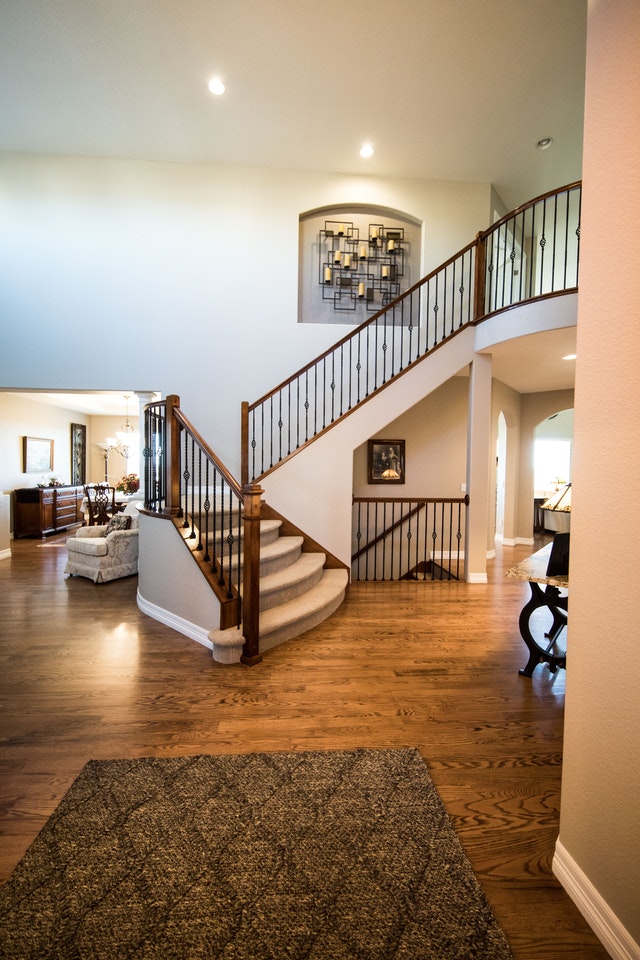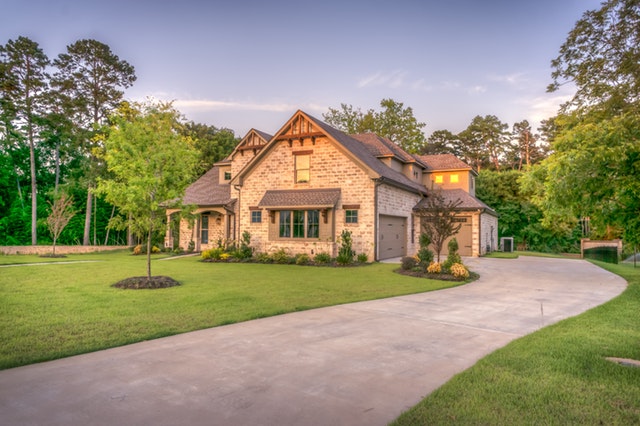 Flipping homes is popular once again. It took about eight years after the Great Recession that started in 2006 for home prices to rebound to the levels seen before the recession. Then, by 2016, in many areas, home prices started to rapidly increase.
Flipping homes is popular once again. It took about eight years after the Great Recession that started in 2006 for home prices to rebound to the levels seen before the recession. Then, by 2016, in many areas, home prices started to rapidly increase.
The increases in home prices caused more flipping activity due to the potential profits. CNN reports the average gross profit on a flipped home sold during the past three years was about 50%.
In 2017, one real estate speculator took nearly one million dollars ($985,00) in cash and bought a home in an “as-is” condition, sight-unseen. That is what Mr. Lin He did, hoping to make some easy profit.
The Math
Flipping properties successfully is math with a bit of luck mixed in. Mr. He had good luck with his purchase in that it was in Malibu, California. He bought the home at a price well below its market value. The home was a foreclosure that listed for sale at $1.39 million. There were no buyers at that price, so the home went up for auction in 2017. Mr. He was the high bidder at $985,000.
That price was irresistible. Simple math meant that there was about $400,000 in potential profits between the purchase price and the value of the home, once the home was back in a nice condition.
Mr. He was very happy to buy the home for that low price. Then, he went to visit the property.
The Mess
The house was a disaster. The previous owner, who lost the house to the bank, was obviously angry about the foreclosure and intentionally broke as much as possible. The condition of this home, made the most-wrecked fixer-upper look like a palace compared to the mess bought by Mr. He.
After he saw the home in person, Mr. He admits the home was in even worse condition than he expected. On top of that, there was an extended delay caused by the local building department, which took six months to issue the building permit needed for the construction. Then, renovations cost $300,000 and the comprehensive remodeling work went on for three full months after it started.
The Result
In early 2019, the home was ready and beautifully prepared for sale with expert staging. It listed with a very successful real estate agent in the Malibu area who marketed the property well as a featured listing.
The listing price was $1.97 million, which was double the price paid by Mr. He to buy the home. In less than three weeks, it sold for the full listing price, giving Mr. He about $400,000 in gross profits after the renovation expenses.
Mr. He was very lucky that the home prices rose so quickly that he got the $400,000 profit he thought was in the deal when he bought the home, even though he had to invest $300,000 in the renovation work.
Summary
With 50% average gross returns potentially possible, flipping is attractive to many; however, as Mr. He says, “It is not as easy as it looks on television.”
If you are interested in finding a property to flip, be sure to consult with your trusted real estate professional.
 When viewing a potential home, how much consideration should you give to the surrounding land?
When viewing a potential home, how much consideration should you give to the surrounding land? It’s more likely that someone will incur an injury on moving day than on an ordinary day. The reason is that people are moving in ways that they don’t normally move, loads can be heavy, and accidents do happen. However, most injuries on moving day can be prevented by taking a few simple precautions.
It’s more likely that someone will incur an injury on moving day than on an ordinary day. The reason is that people are moving in ways that they don’t normally move, loads can be heavy, and accidents do happen. However, most injuries on moving day can be prevented by taking a few simple precautions. The average size of an American home has been increasing since the 1970s. The American Enterprise Institute (AEI) reports that, in 1973, the median size for a new home in the United States was 1,660 square feet.
The average size of an American home has been increasing since the 1970s. The American Enterprise Institute (AEI) reports that, in 1973, the median size for a new home in the United States was 1,660 square feet. What can be done with a house that is just perfect but it is in a bad neighborhood or a dangerous spot? Think about homes that are in decent condition; yet, too close to the water. America is experiencing flooding now that is not supposed to happen in 500 years.
What can be done with a house that is just perfect but it is in a bad neighborhood or a dangerous spot? Think about homes that are in decent condition; yet, too close to the water. America is experiencing flooding now that is not supposed to happen in 500 years. It’s often harder to make friends as an adult than it is when you’re a child. It’s even more challenging to make adult friends when you move into a new neighborhood. You may feel like people already have their own group of friends and aren’t looking to include newcomers. Of course, that’s just an illusion.
It’s often harder to make friends as an adult than it is when you’re a child. It’s even more challenging to make adult friends when you move into a new neighborhood. You may feel like people already have their own group of friends and aren’t looking to include newcomers. Of course, that’s just an illusion.